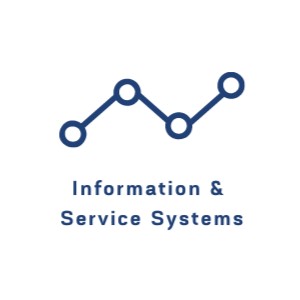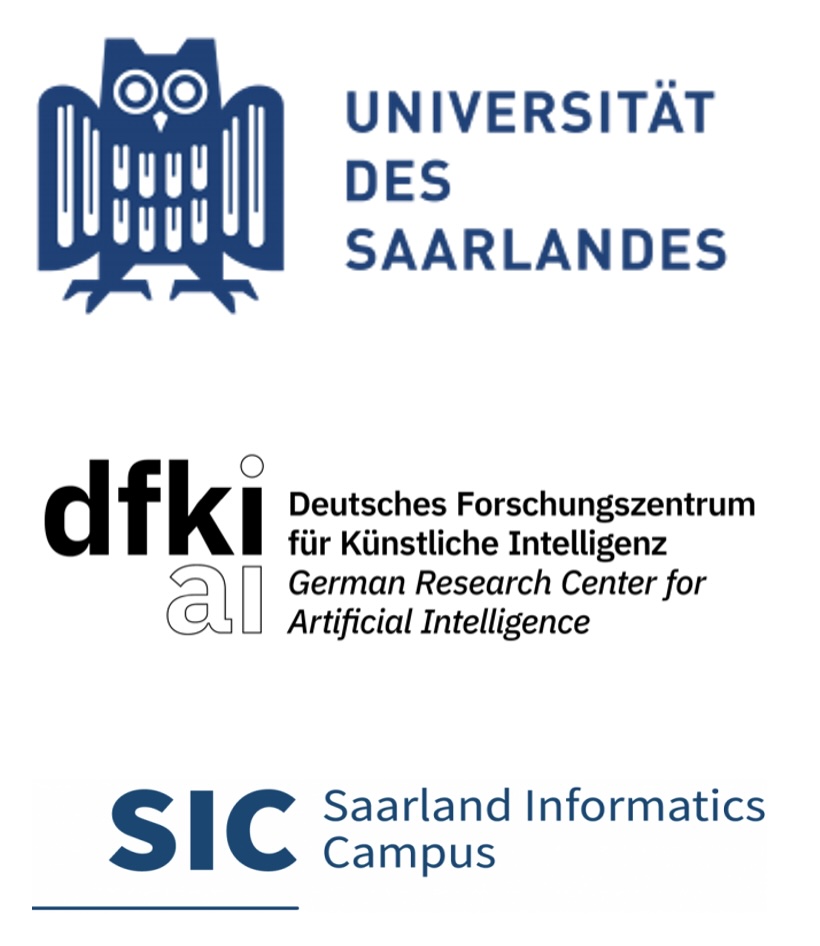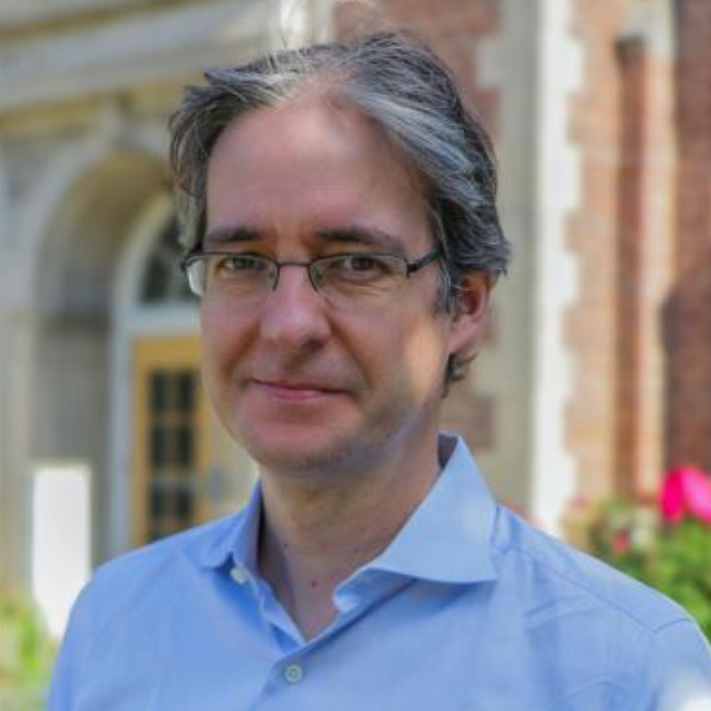Date: Friday, 11.07.2025, 10:15 - 11:45
Venue: Building B4 1, Room 0.18
Abstract:
Quantum computing is a computing paradigm different from classical Turing machines. It refers to a computer that operates according to the laws of quantum mechanics. Such a machine is expected to solve a selected number of important problems much faster than any classical computer, the most known problem being the factoring of integers using Shor's algorithm. This lecture discusses the use of quantum computers for learning tasks and introduces quantum data, which is data produced by a quantum computer or transduced from the real world using a quantum sensor. We then show examples how specific learning tasks can be done more efficiently when provided quantum rather than classical data. Finally, we show prospects and limitations of quantum machine learning for classical data.
About the speaker:
Prof. Dr. Peter Orth is a leading theoretical physicist in the field of quantum information and quantum materials. His research focuses on the electronic properties of quantum systems, especially their nonlinear response and nonequilibrium dynamics.
Since 2023, Prof. Orth has held the Professorship for Theoretical Physics of Quantum Information at Saarland University. He is also an Affiliate Professor at Iowa State University and a Contributor at Ames National Laboratory. His academic path includes positions at the Karlsruhe Institute of Technology, the University of Minnesota, and Yale University, where he earned his Ph.D. in 2011.
He has played a central role in major U.S. Department of Energy initiatives, including serving as Deputy Director of the EFRC “Center for the Advancement of Topological Semimetals” and as co-leader in the National Quantum Initiative Center on “Superconducting Quantum Materials and Systems.” Prof. Orth has received several honors, including the Cottrell Scholarship Award and the Kavli Fellowship, as well as awards for excellence in research and teaching.


